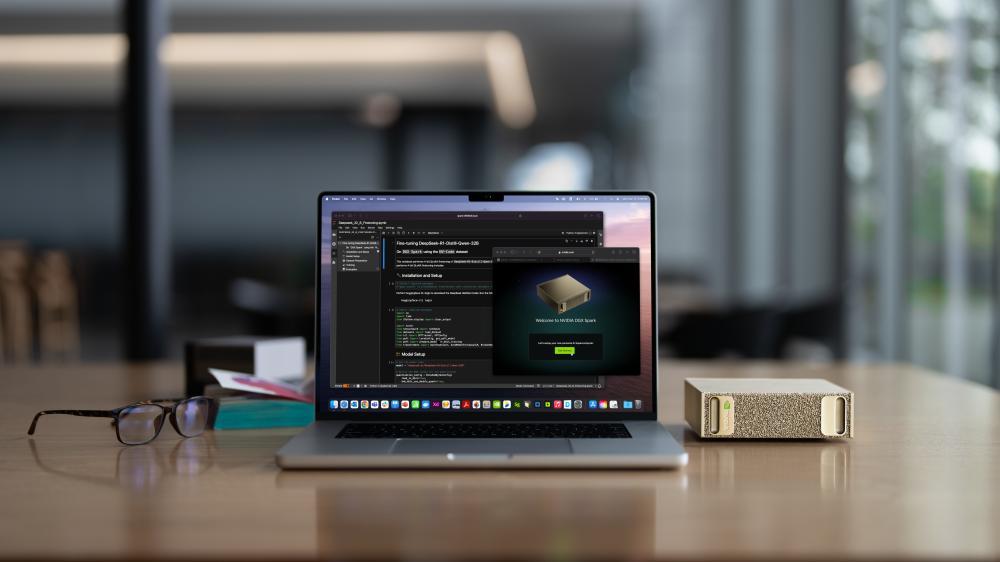Africa-Press – Liberia. Nvidia has begun selling its DGX Spark, a “personal AI supercomputer” that promises to bring data-center power to the desktop.
Compact enough to fit beside a monitor yet strong enough to train sophisticated AI models, the Spark marks a new step in Nvidia’s push to make advanced computing more accessible.
The device delivers the kind of performance that once demanded racks of servers and high energy budgets. By shrinking that capability into a single desktop machine, Nvidia hopes to expand access to serious AI research.
When unveiling the system earlier this year, then under the name Digits, CEO Jensen Huang described the vision as “placing an AI supercomputer on the desks of every data scientist, AI researcher and student,” adding that such access would let more people “engage and shape the age of AI.”
Among early supporters is Joseph Mardall, chief hardware officer at Zipline, who called Spark’s launch “super exciting.” “We run millions of simulations across numerous edge cases to test every possible thing that can happen,” Mardall said. “Getting this level of computing capacity to people’s desktops is transformative.”
Nvidia said the Spark can be ordered starting Wednesday, October 15, through its website and select U.S. retail partners. The company initially listed the price at $3,000, but an infographic in its press release places the cost at $3,999.
PC makers including Acer, Asus, Dell, Gigabyte, HP, Lenovo and MSI will also sell customized versions, such as Acer’s Veriton GN100, which will retail at the same price.
Inside, the DGX Spark features Nvidia’s GB10 Grace Blackwell Superchip, 128GB of unified memory and up to 4TB of NVMe SSD storage. It can deliver a petaflop of AI performance—about a million billion calculations per second—and can handle models with up to 200 billion parameters.
The system runs on a standard power outlet, and Nvidia calls it “the world’s smallest AI supercomputer.” For researchers, developers and students, that means the ability to build and test sophisticated AI systems locally without depending on remote cloud infrastructure.
The company has also teased a larger model known as Station, though it has not announced when or if that version will reach the public.
For More News And Analysis About Liberia Follow Africa-Press






